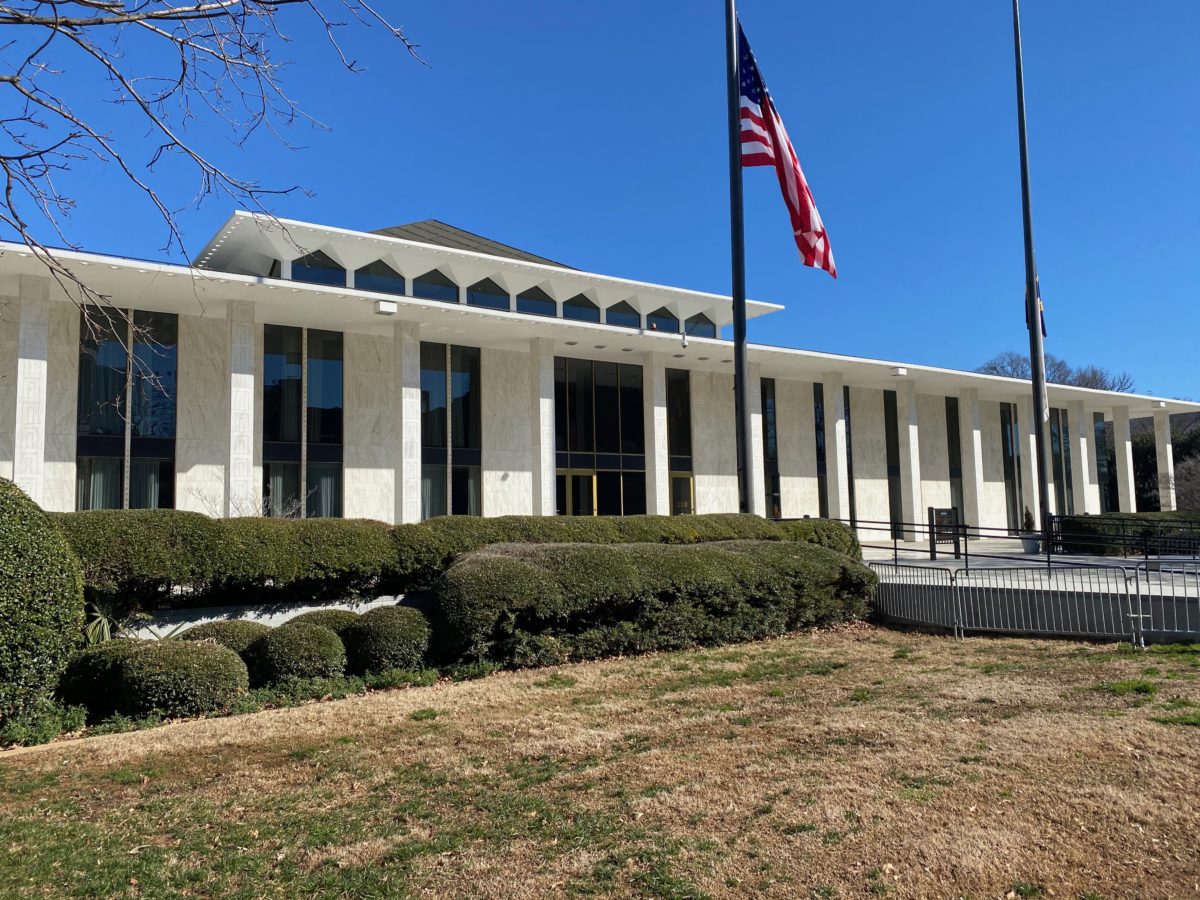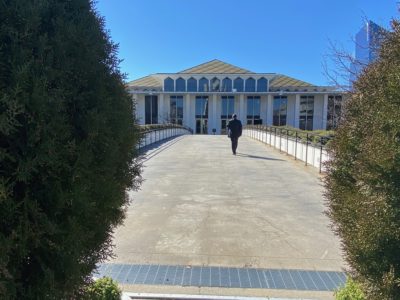

|
|
The House budget is starting to take shape as the education appropriations committee started releasing portions of its plan Thursday morning, more than a month after the Senate passed its plan.
And the proposal was missing something major: salary numbers. Those should come early next week, but Chair Rep. John Torbett, R-Gaston, said he thinks “everyone will be happy.”
This House budget still has a long way to go, and whatever proposal the House approves will need to go to a conference committee before reaching the governor’s desk. But here are the highlights so far.
The total amount appropriated for K-12 is $10.1 billion in the first year of the biennium and $10.08 billion in the second year. For community colleges, that amount is roughly $1.2 billion each year.
What’s in it for K-12?
One of the most notable House budget provisions would create a standard course of study advisory commission. Under this provision, the commission would be composed of 16 voting members, made up of mostly educators. It would develop and recommend rules for adjusting content standards to the State Board of Education.
This comes after the State Board voted earlier this year to adopt new K-12 social studies standards after delays and controversy over specific wording.
If passed, current standards would only be permanent if they were adopted by the State Board prior to Jan. 1. That means the commission would review the new social studies standards over the following year — and they would not be implemented until the 2023-24 school year.
Under a special revision to “modernize selection of instructional materials,” local school districts and charter schools would have to post course materials online for anyone to see. This includes books, activities, and digital resources. Individual teachers would also have to post their lesson plans online. The House tried to pass this through a separate bill in May, but it did not make it through the Senate.
The House budget proposal has several provisions related to remote instruction. If a school is unable to open due to an emergency, such as severe weather, they would have the option to use up to five remote instruction days. However, these days can’t be used to satisfy the minimum required number of instructional days on the school calendar.
For COVID-19 related emergencies, the proposal would allow schools to shift to remote instruction from in-person instruction.
School districts would be able to provide virtual academies this year under the House budget proposal, but they would have to limit enrollment to 15% of the total student population.
The House budget proposal would also add a penalty for districts not in compliance with requirements for teaching cursive writing and multiplication tables. If a district is found to be not in compliance, the superintendent’s pay would be withheld until they comply.
The budget proposal would also give two virtual charter schools involved in a pilot program a five-year contract and upgrade their status to a permanent charter school. These schools are the N.C. Cyber Academy and N.C. Virtual Academy, which have earned D’s on their school performance grades since they opened in the 2015-16 school year.
Rep. Rosa Gill, D-Wake, questioned why the House would do this if the schools were not meeting expectations.
“So they will become virtual charter schools without being qualified?” Gill asked.
Committee Vice Chair Rep. Jeffrey Elmore, R-Wilkes, replied that ending the pilot would give these schools accountability. Moving the schools from pilot program to permanent status means they would be held to the same standards as other charters and could have their contracts ended by the State Board of Education.
“It’s not, ‘we’re going to give you a charter for five years and leave you out there,’” Rep. Mark Brody, R-Union, added.
One other item to note: Kindergarten class sizes requirements would be delayed for a year to accommodate expected enrollment growth this year.
What’s in it for community colleges?
The House’s proposal allocates $79,983,422 nonrecurring for budget stabilization to mitigate enrollment declines, $3 million more than the budget passed in the Senate in June. And similar to the Senate budget, it allocates $15 million nonrecurring for broadband access for rural community colleges and almost $1.5 million recurring for nine regional information technology security positions.
One major addition in the House’s proposal is that it would use American Rescue Plan funds to allocate $12 million over the next year to expand apprenticeship opportunities in high-demand fields, like engineering and construction.
- 40% of the funds shall be allocated for apprenticeship programs for apprentices that are enrolled in curriculum degree programs.
- 15% of the funds shall be allocated for apprenticeship programs for apprentices that are high school students.
- The remaining funds shall be allocated for apprenticeship programs for apprentices pursuing short-term workforce credentials.
The House is also proposing to allocate $3 million over the next year for marketing and outreach for career and technical education and work-based learning programs in an effort to boost enrollment.
Lastly, the House is proposing $150,000 recurring to create a community college legislative liaison position.
Other news from the legislature
The Senate passed two amendments to House Bill 78 this week.
One clarifies that religious and qualifying nonpublic schools can use the PSAT to measure 9th and 10th grade students’ competency in four subject areas. These are English grammar, reading, spelling, and math.
The second is a provision for in-state tuition for veterans and their dependents in case the state doesn’t pass a budget by Aug. 31.
What’s next?
The House appropriations committee is scheduled to take up the 2021 Appropriations Act on Tuesday morning.
You can find what the committee has released so far here.
Correction: A previous edition of this post incorrectly stated the House Bill 78 amendment applied to religious and charter schools. It applies to church schools or schools with a religious charter.




